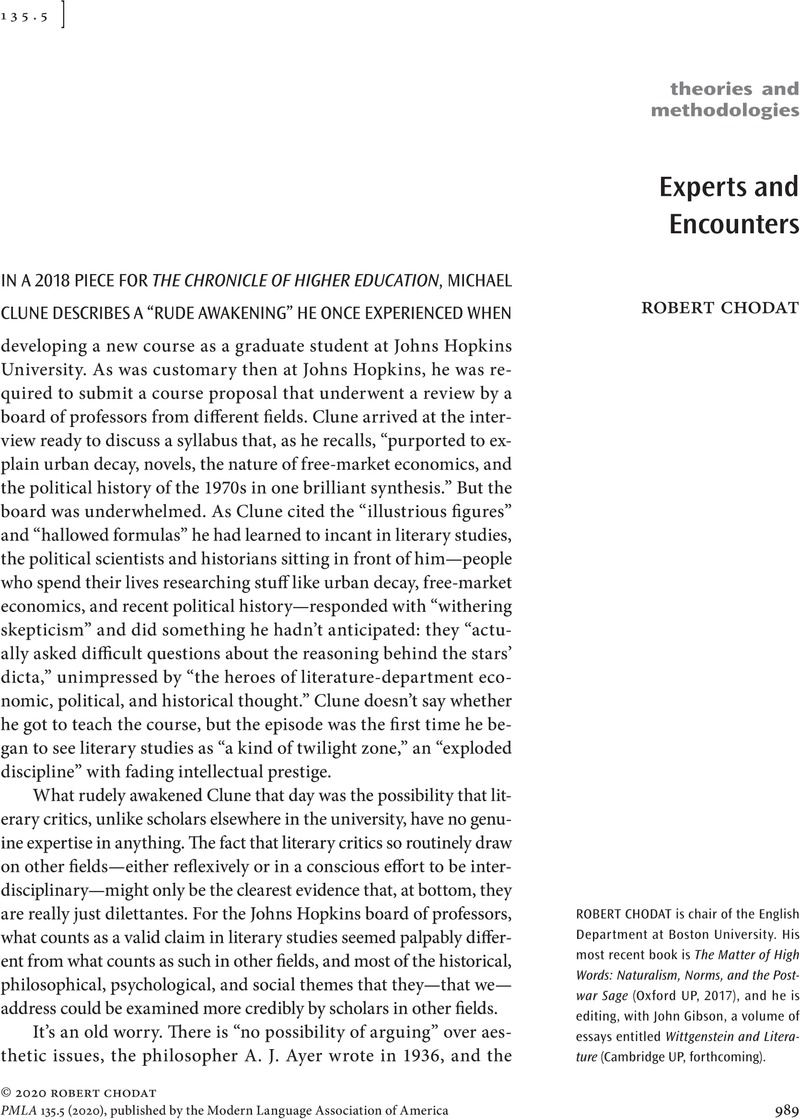Crossref Citations
This article has been cited by the following publications. This list is generated based on data provided by Crossref.
Lanzendörfer, Tim
2025.
Education in Method: A Minimalist Manifesto for Public Literary Studies.
Public Humanities,
Vol. 1,
Issue. ,


